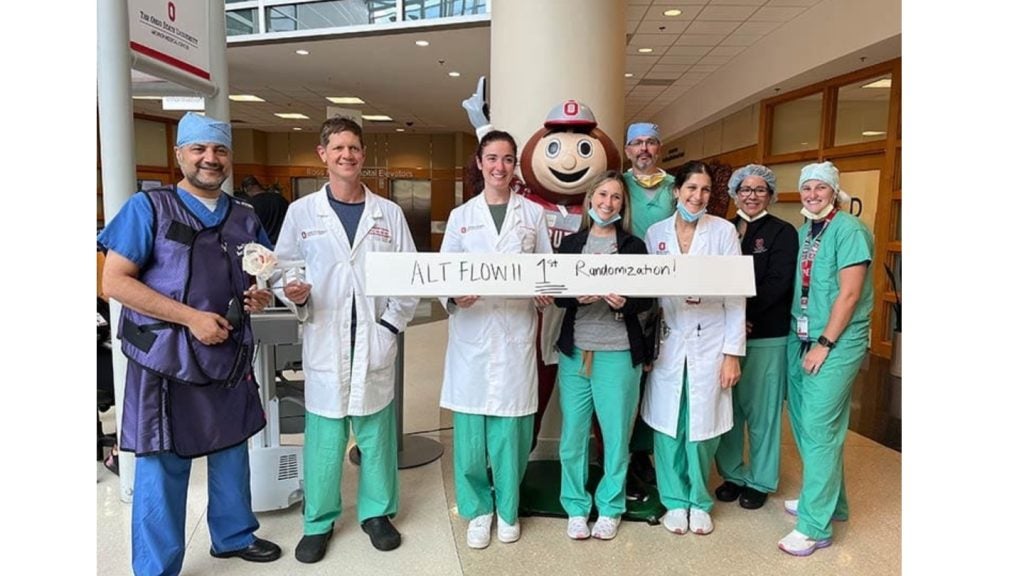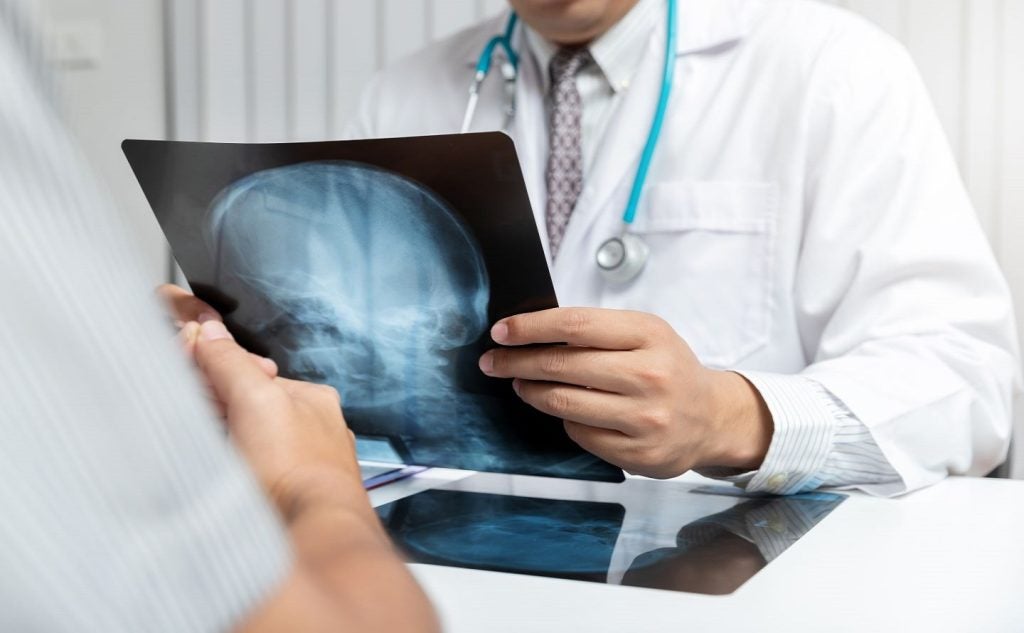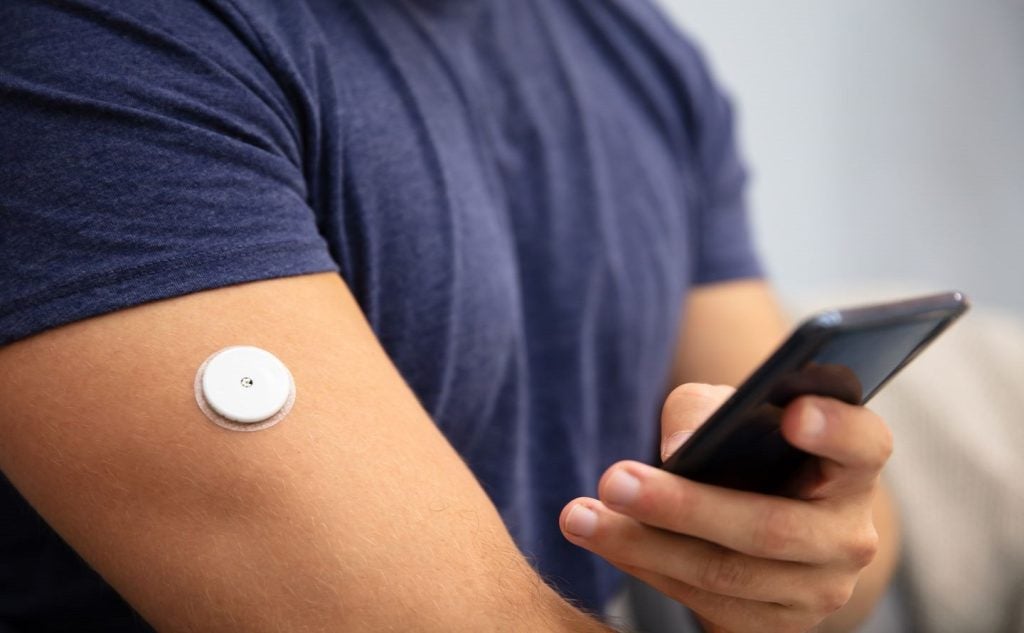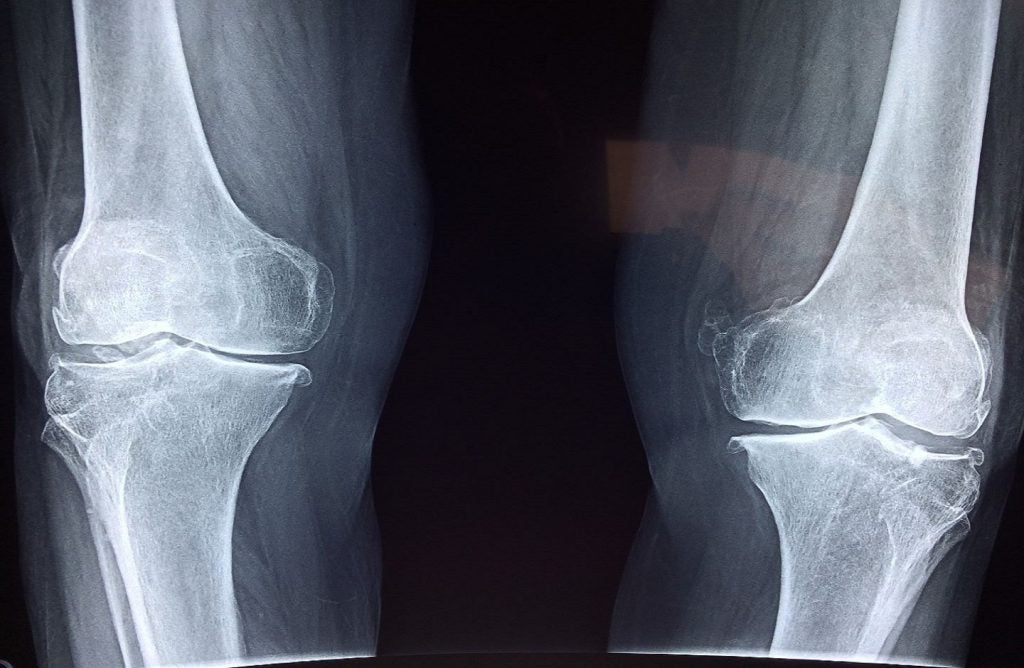Researchers plan to send a 3D printed artificial heart to the international space station (ISS) by 2025 to better understand the effects of ageing and cardiovascular diseases in space.
The AstroCardia Project is made up of five Belgian companies which include Space Applications Services, SCK CEN, QbD Group, BIO INX and Antleron. The companies will combine their expertise to run a study on the effects of ageing on the heart in space using a bioprint of a miniature ‘heart on a chip’ with an artificial circulatory system.
The device, which is only a few square millimetres in size, uses ink made up of stem cells and biomaterials that can develop into any cell in the body. These cells organise themselves into a developing cardiac organoid which will work with the artificial circulatory system.
The test will run for at least six weeks and be monitored in real-time at the ISS.
Dr Kevin Tabury, radiobiology expert at SCK CEN said: “The miniature heart, which is barely a chia seed's size, faithfully mimics its human counterpart. The innovative technique would make it possible to better investigate cardiovascular diseases and test out some potential medicines. The biggest advantage is that we can personalise them by using stem cells from the patient themselves. As such, we can grow a miniature version of the patient's heart.”
Once the device has returned to earth, researchers from QbD and the nuclear research centre SCK CEN will analyse them to understand if the exposure to space can work as a scientific model of heart ageing.
Jan Schrooten, CEO of Antleron said: “This project provides some valuable insights into the physiology of cardiac organoids. Therefore, it is very important that the chip on which we will print that miniature heart can handle the extreme conditions in space.”
The project is receiving funding under a grant agreement that includes support from VLAIO, Flanders Space and Mediva.
















